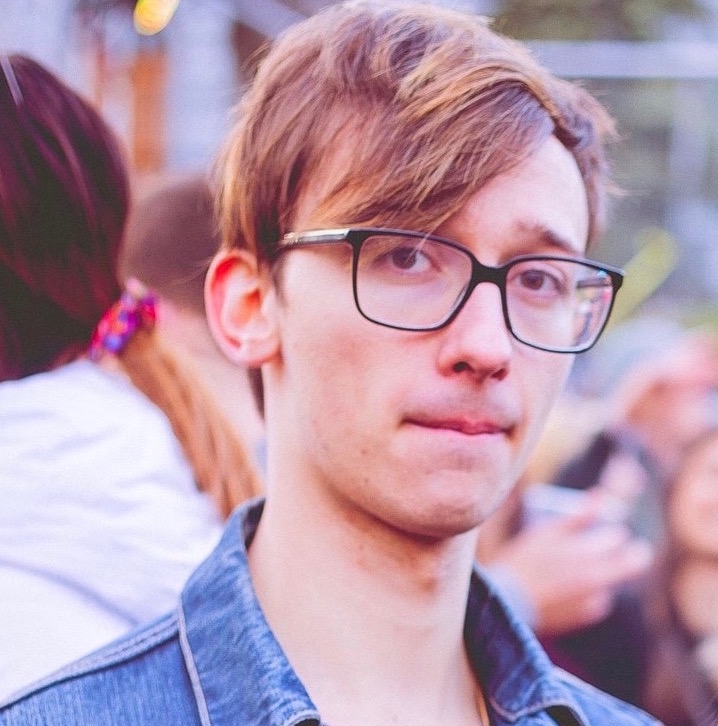SSUNS 2016 Interview Series: Crisis Director Phil April

 Phil April is the Crisis Director for Queen Anne’s Revenge. He is in his final year at McGill, studying Political Science and History. He took some time out of his busy schedule, in between a pizza break and another committee session, to discuss his SSUNS experience.
Phil April is the Crisis Director for Queen Anne’s Revenge. He is in his final year at McGill, studying Political Science and History. He took some time out of his busy schedule, in between a pizza break and another committee session, to discuss his SSUNS experience.
Clementine: What do you think makes your committee unique this year?
Phil: I think that it is definitely the blend between the historical elements of naval superiority and trade of the age. For the interactive components we have a new type of battle system where delegates actually engage in ship wide conflicts between two naval vessels. So, I think that combination really puts into use their practical knowledge. That is what makes my committee the most unique.
What do you hope that delegates take away from participating in your committee?
The standard answer would be that I hope that they learn something and they are inspired to become better delegates. I don’t think that is the main point. This is my 6th year doing Model UN in some capacity, either competing or organizing, and I hope that they come out of here with friends. I hope they come out of here with like-minded, unique, interesting friends, that they stay friends with over time. Some of my Model UN friends ended up becoming really close to me. They are all in really high places so I hope that they maintain these friendship after they leave.
What made you want to get involved with SSUNS this year?
It is my last year at McGill, and it has been a long journey for me. It felt like I wouldn’t be able to go unless I did it one more time. I like having a crisis director role for SSUNS because I’m directly involved, and it means that I have a higher impact on the actual quality of the debate the delegates have. SSUNS does mean a lot to me; it reminds me of my first conference that sparked the fire. Now, six years later, I’m still doing it. I hope that if my committee can make one person that happy about Model UN , and goes home and talks to their parents saying they want to do it again then I’d be happy with myself.
When did you get involved with Model UN?
I was 17 years old and I was approached by a professor that said he needed a substitute for one of his teams. I went in with no information at all; I had nothing prepared, didn’t know my character or the rules of procedure. I went in and I failed miserably. I did terribly in my first conference, but I loved it, I had so much fun. It was so great and I got trounced so hard that it really showed me how big the intellectual world of debate is. I got really lucky.
What do you think is the benefit of holding a historical committee?
It makes you look at history critically. I’m a history student, history is my minor, and I think that what’s really important is that the history gives you an idea of how easily it could have been different. It is a practical application of historical knowledge throughout a time period. It is not just the big events, it is the actual structure and system of how things are working. In my example: how did the navy work? Were the competing sea powers actually fighting? How were privateers run? What role did pirates play in the socioeconomic system of the 18th century? To really be a good delegate is is necessary to understand all of these things. The benefit of having a historical committee is that you teach the delegates about the underlying systems that existed in that place in time, more than just the events.
What would you encourage first time delegates to try to accomplish at SSUNS this year?
Just put yourself out there. Do something crazy, something you’ve never done. Say something that you would have never said. Write a plan that you would have never written before. The worst that we can say is no. I said that to my delegates a million times that the worst that could happen is that I’ll make you try again. I think that being away from home, in the big hotel and the fancy suit, gives you an opportunity to be a different person. So, try and be a different person. There is no reason not to be.
